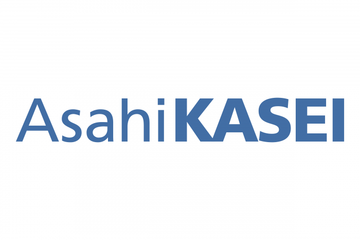Welcome To ChemAnalyst

Asahi Kasei, a diversified Japanese multinational corporation, has agreed to sell butadiene generated from plastic waste and biomass to Shell Eastern Petroleum Ltd. By the end of fiscal 2021, Asahi Kasei expects to start producing and marketing sustainable solution-polymerized styrene-butadiene rubber (S-SBR) with sustainable butadiene at its Singapore plant.
S-SBR is a synthetic rubber that is primarily utilised in high-performance, fuel-efficient tyres (eco-friendly tires). With stronger environmental restrictions and increased environmental consciousness, there is a growing need for environmentally friendly tyres around the world. S-SBR is acknowledged as the best material for eco-friendly tyres since it improves fuel efficiency while maintaining safety.
Furthermore, as the tyre industry strives for improved fuel efficiency and wear resistance, Styrene demand for more sustainable S-SBR is growing. To fulfil the demands of mass production of electric vehicles with extended ranges, Asahi Kasei will continue to focus on the development of high-performance S-SBR products that contribute to increased fuel efficiency and wear resistance. Asahi Kasei will be the world's first firm to employ butadiene obtained from plastic waste, as well as the first Japanese company to use butadiene derived from biomass, for S-SBR manufacturing. Asahi Kasei will now move on with plans to get worldwide certification for biomass and recycled feedstock.
In the case of internal combustion engine cars, the proportion of CO2 emissions is highest during the use phase, which includes materials, manufacture, usage (driving), disposal, and recycling. In the case of electric cars, however, use-phase emissions are much decreased, making emissions from materials such as S-SBR substantially greater. The use of sustainable S-SBR therefore allows for a considerable decrease in CO2 emissions across the life cycle of tyres. As a result, Asahi Kasei aims to make a major contribution to lower CO2 emissions across the supply chain by producing S-SBR with sustainable butadiene.
As per ChemAnalyst, the growing demand of Styrene has influenced the industry to commence the production for solution-polymerized styrene-butadiene rubber (S-SBR). Asahi Kasei strives to be a global leading sustainable partner for its clients by increasing the performance of its S-SBR products and lowering CO2 emissions across the product life cycle, with the objective of becoming carbon neutral.
We use cookies to deliver the best possible experience on our website. To learn more, visit our Privacy Policy. By continuing to use this site or by closing this box, you consent to our use of cookies. More info.
